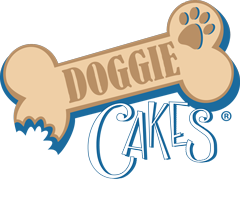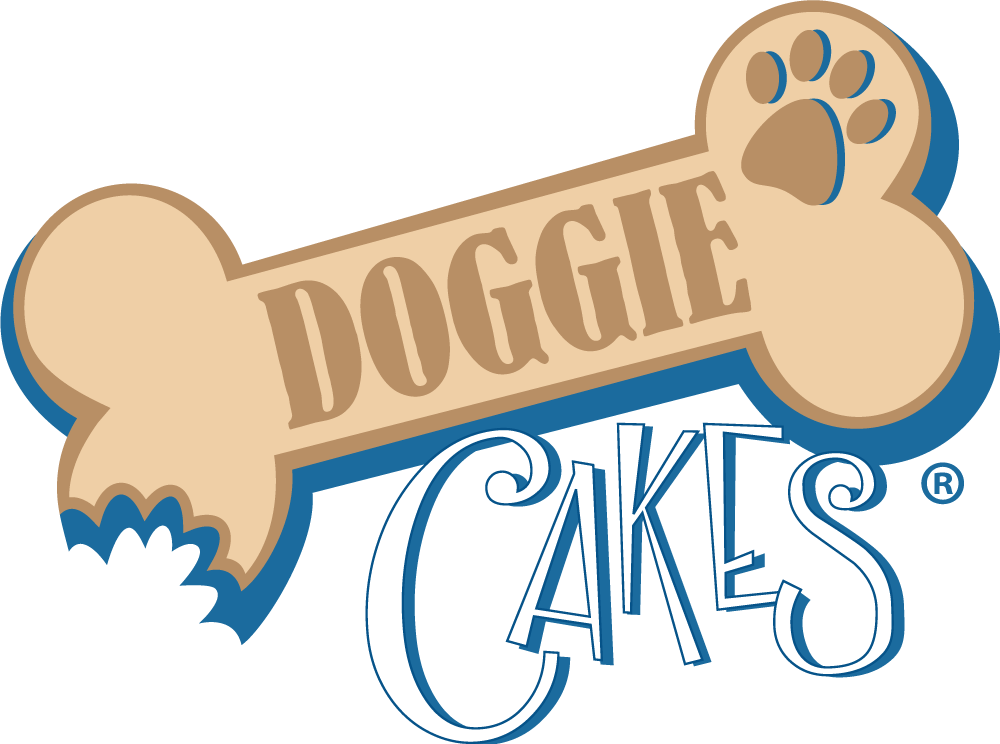Why Do Dogs Lick the Air? Exploring the Quirky Behavior of Canine Air Licking
If you’ve ever caught your dog licking the air seemingly out of nowhere, you’re not alone. This curious behavior, while amusing to watch, often leaves pet owners puzzled and wondering about its underlying cause. In this blog post, we’ll delve into the intriguing world of canine behavior and explore the reasons why dogs engage in the peculiar habit of air licking.
1. Sensory Exploration:
One possible explanation for why dogs lick the air is that they are engaging in sensory exploration. Dogs rely heavily on their sense of smell to interpret the world around them, and licking the air may be a way for them to gather additional scent information from their environment. By licking the air, dogs may be capturing airborne particles and molecules, allowing them to gather valuable olfactory information about their surroundings.
2. Taste or Scent Detection:
Another theory suggests that dogs lick the air in response to interesting tastes or scents that they detect in their environment. Dogs have incredibly sensitive taste buds and olfactory receptors, allowing them to detect even the faintest traces of food or other intriguing scents in the air. Licking the air may be a way for dogs to sample and investigate these enticing smells or tastes, similar to how humans might lick their lips in anticipation of something delicious.
3. Behavioral Expression:
In some cases, air licking may be a form of behavioral expression or communication for dogs. Dogs use a variety of body language and behaviors to convey their emotions, desires, and intentions to others, and air licking may be one way for them to communicate subtle messages. For example, dogs may lick the air as a sign of stress, anxiety, or discomfort, particularly in response to unfamiliar or challenging situations.
4. Medical or Dental Issues:
While less common, air licking behavior may also be indicative of underlying medical or dental issues in dogs. Oral discomfort, such as dental pain, gum disease, or oral lesions, can sometimes manifest as excessive licking or mouth movements, including air licking. If you notice your dog engaging in frequent or prolonged bouts of air licking, it’s essential to consult with a veterinarian to rule out any potential health concerns and ensure your dog’s well-being.
5. Habitual or Compulsive Behavior:
In some cases, air licking behavior may become habitual or compulsive in dogs, similar to other repetitive behaviors such as tail chasing or paw licking. Dogs may develop these habits as a coping mechanism for stress, boredom, or anxiety, or they may simply find the behavior reinforcing or comforting in some way. If air licking becomes excessive, interferes with daily activities, or causes distress for your dog, it’s essential to consult with a veterinarian or animal behaviorist for guidance and support.
While the behavior of air licking may seem odd or inexplicable to us, it’s essential to remember that dogs have their own unique ways of experiencing and interacting with the world around them. Whether they’re engaging in sensory exploration, detecting interesting tastes or scents, expressing emotions, or coping with underlying issues, air licking is just one of the many quirky behaviors that make dogs endlessly fascinating and endearing companions. By observing your dog’s behavior closely and understanding their individual quirks and preferences, you can deepen your bond and strengthen your connection with your furry friend.



